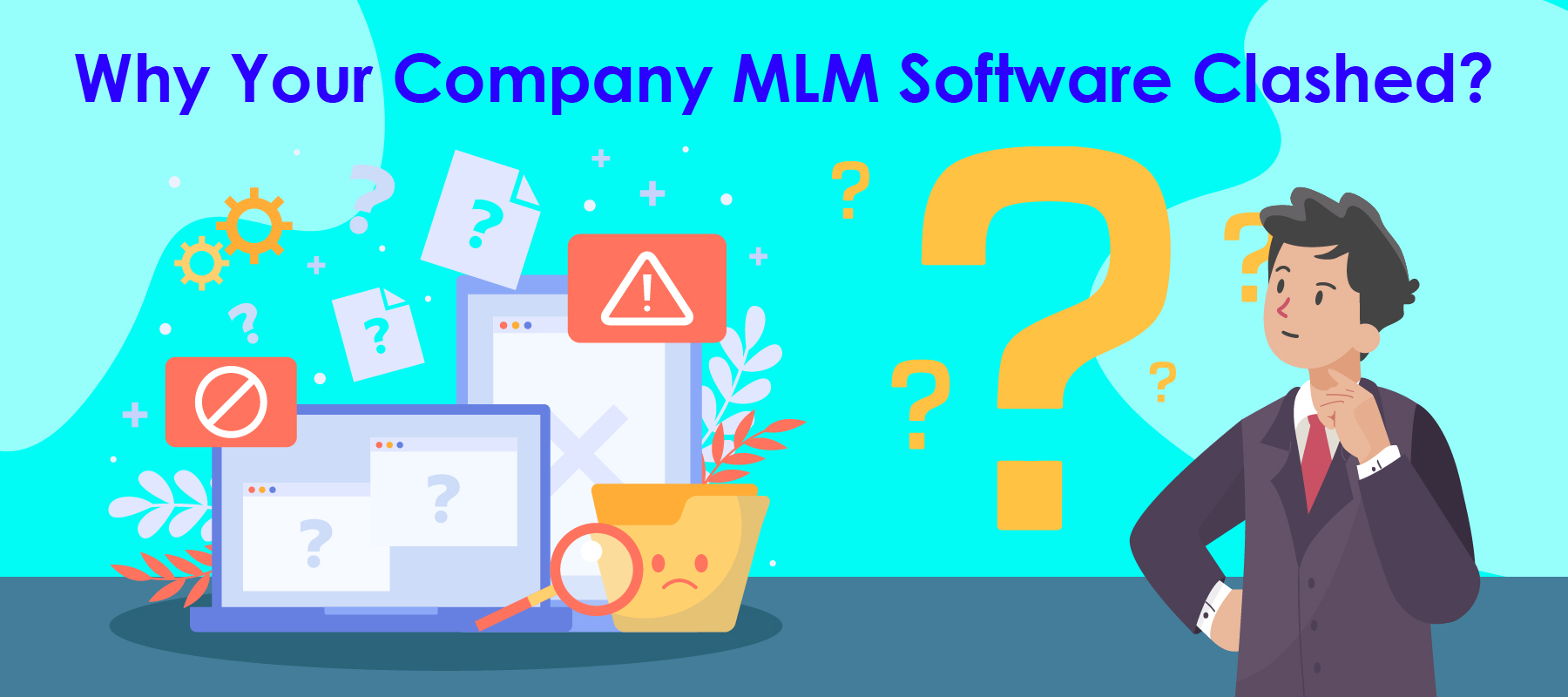What is Binary Compensation Plan in MLM Business?
22 Aug, 2024

When MLM (Multi-Level Marketing) software "clashes," it usually means that there are conflicts or errors that cause the software to malfunction or fail.
Here are key challenges often encountered:
MLM software often needs to be customized to fit a specific business model. If custom code or third-party plugins are added without thorough testing, it can create conflicts within the software, leading to crashes or glitches.
MLM software typically handles a lot of data, especially when dealing with large networks of users. If the server resources are insufficient (e.g., low bandwidth, inadequate CPU power, or limited memory), the software can crash under heavy loads.
Problems with the underlying database, such as corrupted data, poor database design, or inefficient queries, can lead to clashes. When the software can't retrieve or process data correctly, it might crash.
MLM systems often involve real-time transactions, and concurrent access to data by multiple users can lead to conflicts. If the software isn't built to handle high concurrency, it could lead to deadlocks or race conditions, causing the software to clash.
MLM software handles sensitive data like transactions and personal information. If the software has security loopholes, it may become vulnerable to attacks, such as SQL injections or DDoS attacks, which could cause the system to clash.
MLM software is often integrated with payment gateways, communication systems, and other third-party services. If the integration is not properly managed, a failure in one system can cascade and cause the MLM software to clash.
To prevent MLM software from clashing, it's essential to have thorough testing, proper server management, and regular updates. Additionally, ensuring that customization and integration are handled carefully can minimize the risk of conflicts.